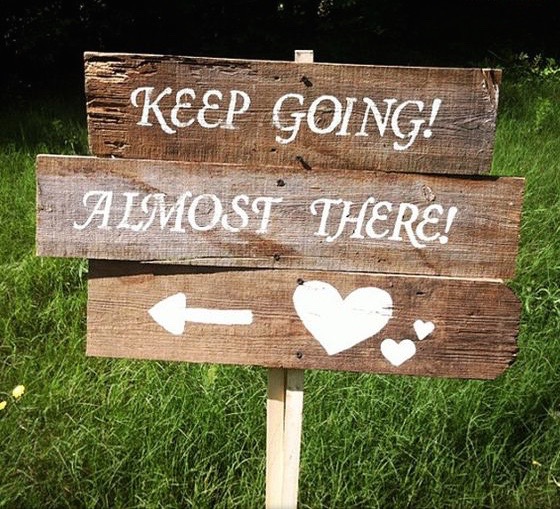
If one constant in life is change, why do we struggle so often around change? Mother Nature and space-time have shown us matter is in motion made of oscillating particles, life stages and seasonal cycles unfurling moment to moment. Our day to day experiences, as well as the nature of our existence, share the common thread of impermanence yet we often resist even the smallest change that arises.

Neuroscience has proven the power of our choice in how we respond or react to change. When we choose to open to the mystery and wonder of the unknown or unexpected, we empower pathways of resilience and adaptability while building a bridge of safety and trust in our ability to handle change.
Responding to, rather than resisting, change reprograms pathways of our neurobiology and stimulates the reward center of our brain, creating a true felt sense of calm, ease and wellbeing.
We begin to feel and trust we can handle any change that arises, realizing we don’t need to control the future nor dwell in the past, we simply need to choose to stop resisting change. With repetition, these pathways become our patterns of choice and habits in our life for when we are met with unknown or even unwanted change.

We can all certainly relate to the times we have met change and unknowns with resistance and fear. Choosing to reprogram old patterns of thought around change and having compassion for ourselves when these thought patterns arise are the first two steps in making a conscious choice in how we respond to change.
You may be wondering, “When and how do I begin to relate differently to change? “
Begin here and now by taking a breath with me. Our breath is a tool we can use to become compassionately aware of how we respond to change. Each time you feel yourself resist or try to control change, take a slow smooth breath consciously choosing to keep walking across the bridge of change one step at a time, with curiosity, trust and consciousness.
Blessings to each of you as we cross the threshold into the mystery and wonder of 2021.
With love,
Shanti
P.S. If you want to train your brain to grow gratitude, read my 5-minute blog practice at the button below.
Read Here